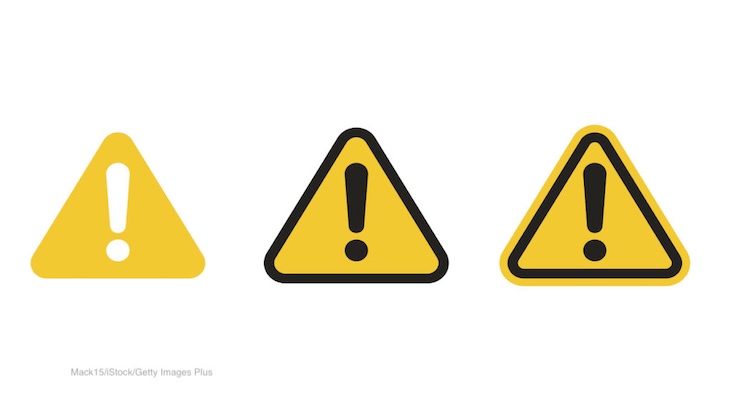One lot of Similac PM 60/40 Infant Formula (Lot number 27032K80 for the individual cans and Lot number 27032K800 for the case) has been voluntarily recalled by Abbott Nutrition after the company was informed of the death of an infant who allegedly consumed this product. The formula was manufactured in the company’s Sturgis, Michigan plant. That baby tested positive for Cronobacter sakazakii.

The case is under investigation since the cause of the infant’s Cronobacter infection has not been determined. This product was not included in the original formula recall.
No distributed product has tested positive for the presence of Cronobacter sakazakii, according to Abbott. And Abbott claims that recently tested product samples of Similar PM 60/40 infant formula with those lot numbers were negative for Cronobacter.
The recalled powdered infant formula has the first two digits of the lot code 22 through 37, and the code contains “K8,” “SH,” or “Z2,” and the use by date is 4-1-2022 or later.
The CDC has linked four infant Cronobacter illnesses to those lots of Similac, EleCare, and Alimentum powdered infant formula. Two infants who lived in Ohio have died, although the FDA is investigating to see if Cronobacter contributed to those deaths.
The FDA states that one infant who was allegedly fed the recalled products tested positive for Salmonella. The CDC is investigating this claim but has not included this case in their total case count. The other infants who have Cronobacter infections live in Minnesota and Texas.
Cronobacter sakazakii is a rare but dangerous pathogen that can cause serious illness and death in infants, particularly babies who were premature, have other health conditions, or are under the age of two months. Sepsis, a blood infection, and meningitis, which is swelling of the linings around the brain and spinal cord, can develop as a complication of this infection.
Cronobacter sakazakii is very hardy and can live in desiccated foods, in foods with a low pH (acidic) and foods with a high salt content. It is often found in powdered milk. Manufacturers of infant formula claim that the powdered version of that product cannot be made sterile.
The first symptoms of a Cronobacter infection in an infant can include crying, poor feeding, very low energy, and a fever. If sepsis or meningitis is starting to develop, symptoms can include refusing food, stiff jerky movements, a floppy body, blood in the stool, cold hands and feed, vomiting, jaundice (yellowing of the skin and eyes), difficulty breathing, grunting breaths, pale skin, and an unusual cry. Any baby exhibiting these symptoms needs to see a doctor immediately.




